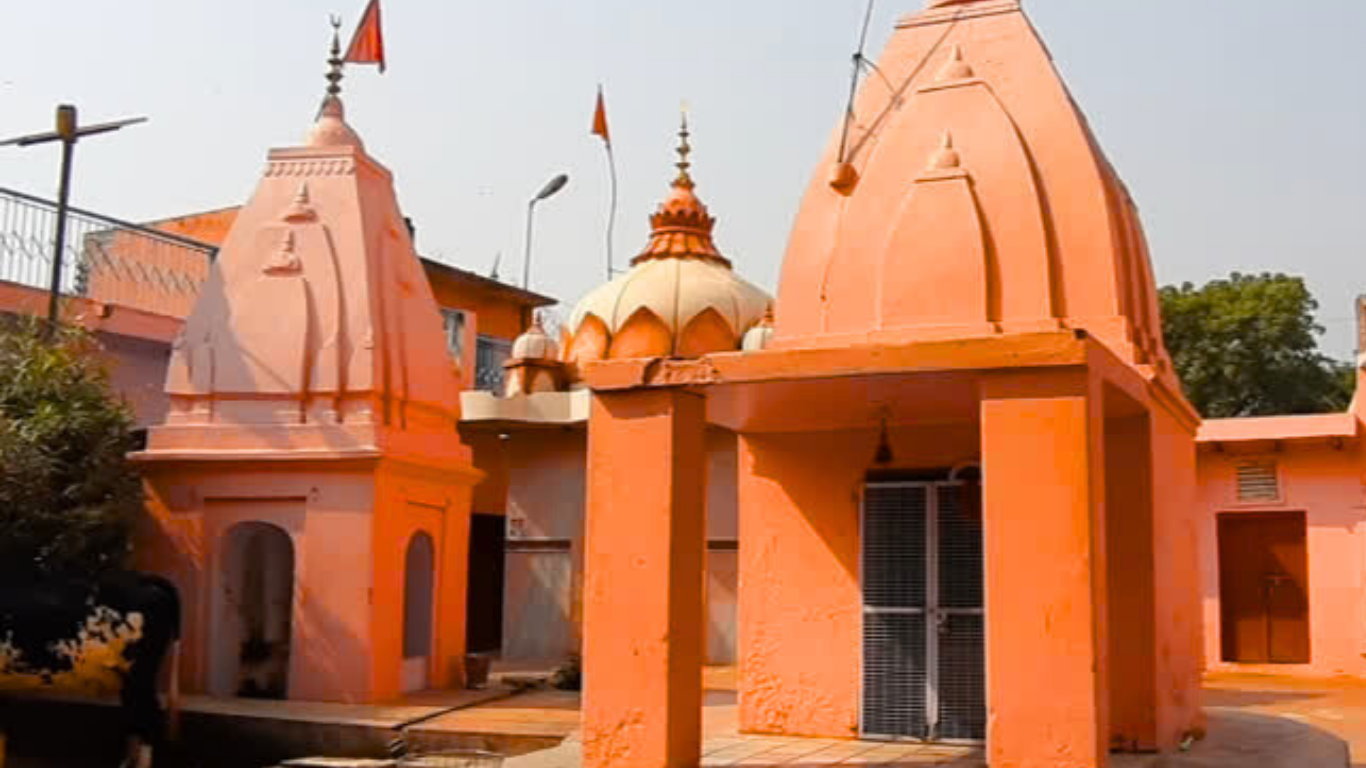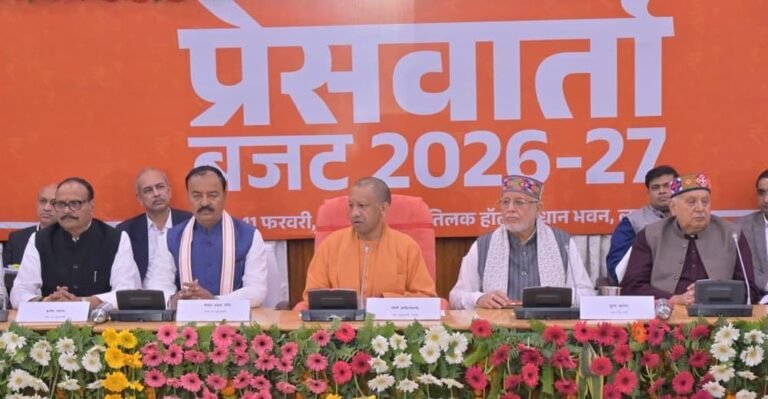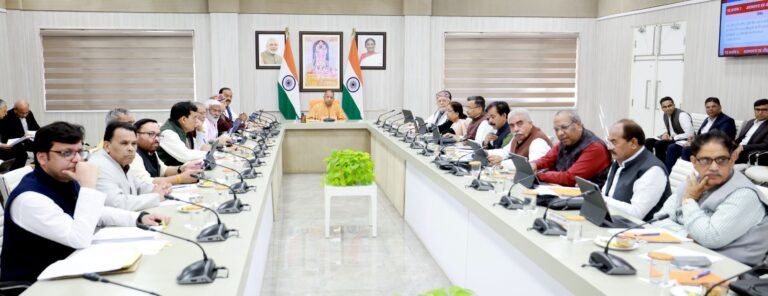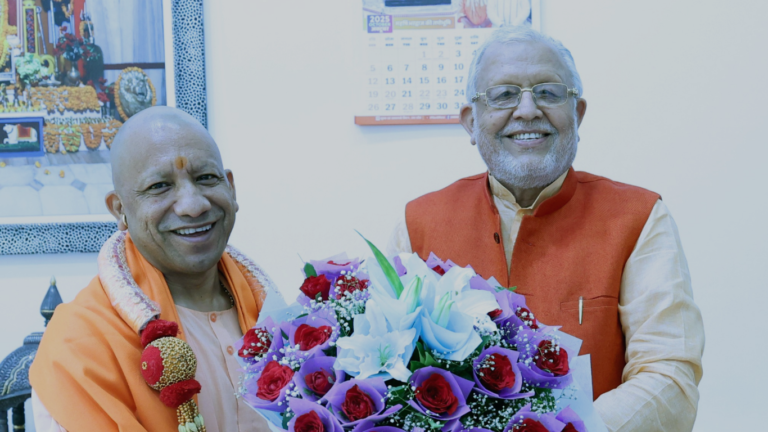
Baleni, a quaint village in the Baghpat district of Uttar Pradesh, India, is a place where history, culture, and rural charm come together. Nestled in the fertile plains of the Meerut Division, this village offers a glimpse into the simple yet vibrant life of rural India. With a population of around 2,293 as per the 2011 Census, Baleni is a close-knit community that thrives on agriculture and local traditions. Its proximity to major cities like Meerut and Delhi makes it an interesting stop for those exploring the region’s heritage. Whether you’re drawn to its historical significance or curious about its day-to-day life, Baleni has a unique story to tell.
Baleni’s History and Culture
Baleni holds a special place in history, particularly due to its connection to the epic Mahabharata. Local lore suggests it’s home to a famous Balmiki temple where Mother Sita, from the Ramayana, is believed to have given birth to her sons, Luv and Kush. This temple draws devotees and curious visitors, adding a spiritual layer to the village’s identity. The local culture is deeply rooted in Hindi traditions, with festivals like Diwali and Holi celebrated with enthusiasm. The community, primarily agrarian, relies on crops grown in the 206.14 hectares of irrigated land. Baleni’s people are warm and welcoming, often sharing stories of their village’s past with pride. The Gram Panchayat oversees local governance, ensuring development while preserving traditions.
Historical Significance of the Balmiki Temple
The Balmiki temple is Baleni’s crown jewel, steeped in mythological importance. It’s said to be the birthplace of Luv and Kush, making it a sacred site for many. Pilgrims visit to offer prayers and connect with the Ramayana’s legacy. The temple’s simple architecture reflects the village’s unpretentious vibe, yet its spiritual weight is profound. Local elders often narrate tales of Sita’s time here, passed down through generations. While not a major tourist hub, the temple’s serene atmosphere offers a peaceful retreat for those seeking a blend of history and spirituality.
Vibrant Local Festivals
Baleni comes alive during festivals, with Diwali and Holi being the highlights. During Diwali, homes are adorned with oil lamps, and sweets are shared among neighbors. Holi sees the village burst into colors, with music and dance filling the air. These celebrations strengthen community bonds, as everyone—from kids to elders—joins in. The festivals also showcase local crafts and foods, like homemade laddoos and puris, giving visitors a taste of Baleni’s culture.
Life in Baleni: Community and Economy
Baleni’s economy revolves around agriculture, with most of its 401 households engaged in farming. The village’s 283.22 hectares of land are largely used for growing crops like wheat and sugarcane, supported by well-irrigated fields. The community is tight-knit, with a literacy rate of 81.04%, higher than the state average, reflecting a value for education. While Baleni lacks its own secondary schools, nearby Amipur Baleni offers educational facilities. The village also has a family welfare center, ensuring basic healthcare access. Despite its rural setting, Baleni’s proximity to Baghpat town connects it to broader economic opportunities.
Education and Literacy in Baleni
Baleni boasts a literacy rate of 81.04%, with 91.78% for men and 68.62% for women, showing a commitment to education. The village has a government primary school and a private primary school, but for higher education, students travel to nearby Amipur Baleni. This access to education has empowered the younger generation, with many aspiring to careers beyond farming. The community values learning, and parents encourage their kids to study, hoping to bridge the gap between rural life and modern opportunities.
Agriculture as the Backbone
Farming is the heart of Baleni’s economy. With 206.14 hectares of irrigated land, crops like wheat, sugarcane, and vegetables thrive. Farmers use traditional methods alongside modern techniques, ensuring steady yields. The village’s fertile soil and access to wells and tube wells make it a productive hub. Many households depend on farming for their livelihood, with 97.8% of workers engaged in main work, reflecting the stability of this sector. Baleni’s agricultural success also supports nearby markets in Baghpat.
Challenges and Recent Events
Like many rural areas, Baleni faces challenges, from limited infrastructure to occasional tragedies. In 2024, an explosion at the Baleni police station, caused by a short circuit in a warehouse storing confiscated fireworks, damaged the building but caused no casualties. In 2022, a tragic accident on Meerut Road claimed five lives from a single family, shaking the community. Despite these setbacks, Baleni’s residents show resilience, coming together to support one another and rebuild. The village continues to grow, balancing its rich heritage with the demands of modern life.
Resilience in the Face of Tragedy
The 2024 explosion at the police station was a shock, but the community’s response was inspiring. No lives were lost, and residents quickly controlled the fire that followed. Similarly, the 2022 accident, where a canter hit a bike, left the village mourning, but it also highlighted their unity. Families rallied to support the affected, showing Baleni’s strength in adversity. These events remind us of the village’s ability to bounce back while keeping its spirit intact.
Infrastructure and Development Needs
Baleni’s infrastructure is modest, with no secondary schools or major hospitals in the village. Residents travel to Amipur Baleni or Baghpat for advanced education and medical care. The Gram Panchayat is working to improve facilities, but progress is slow. Better roads and local healthcare could boost development. Still, Baleni’s connection to Baghpat town and its postal code (250626) ensure it’s not isolated, offering hope for future growth.



